Address
Heidelberg University
Im Neuenheimer Feld 205, 4/325
69120 Heidelberg
Germany
Contact
Uliana Kachnova
uliana.kachnova@uni-heidelberg.de
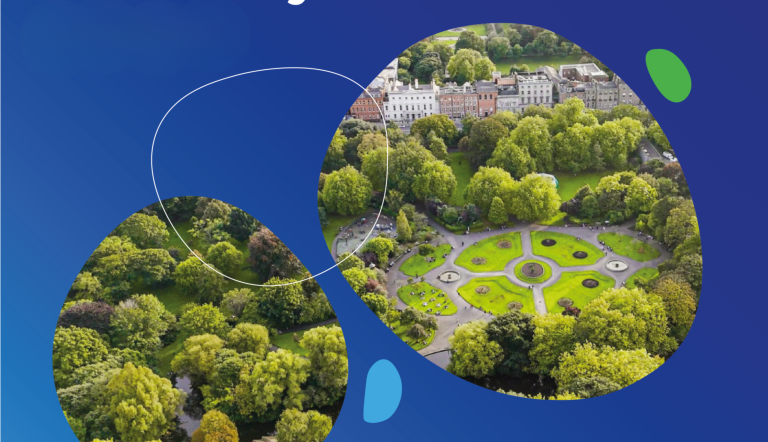
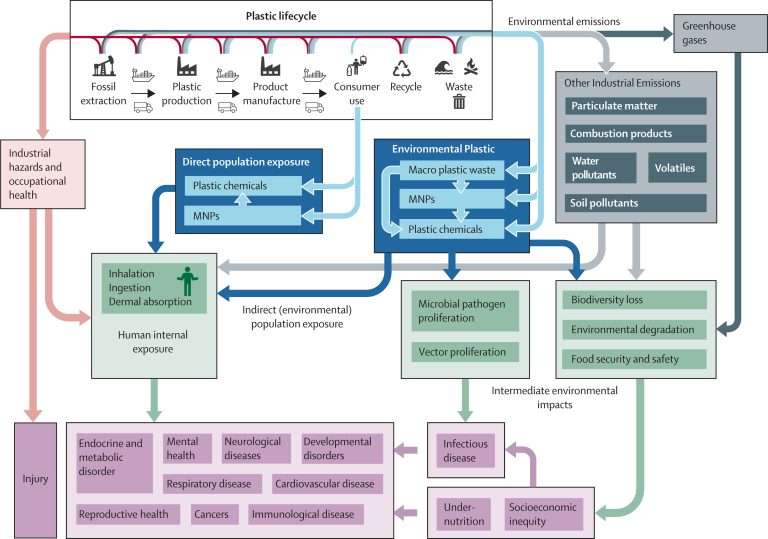
Plastics are a grave, growing, and under-recognised danger to human and planetary health. Plastics cause disease and death from infancy to old age and are responsible for health-related economic losses exceeding US$1·5 trillion annually. These impacts fall disproportionately upon low-income and at-risk populations. The principal driver of this crisis is accelerating growth in plastic production—from 2 megatonnes (Mt) in 1950, to 475 Mt in 2022 that is projected to be 1200 Mt by 2060. Plastic pollution has also worsened, and 8000 Mt of plastic waste now pollute the planet.
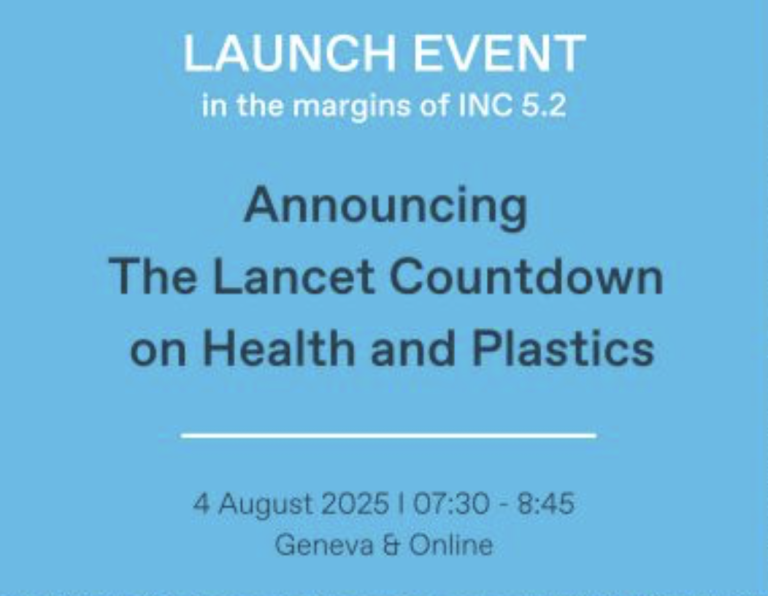
As governments and stakeholders gather in Geneva for the resumed fifth session of the Intergovernmental Negotiating Committee (INC 5.2), The…
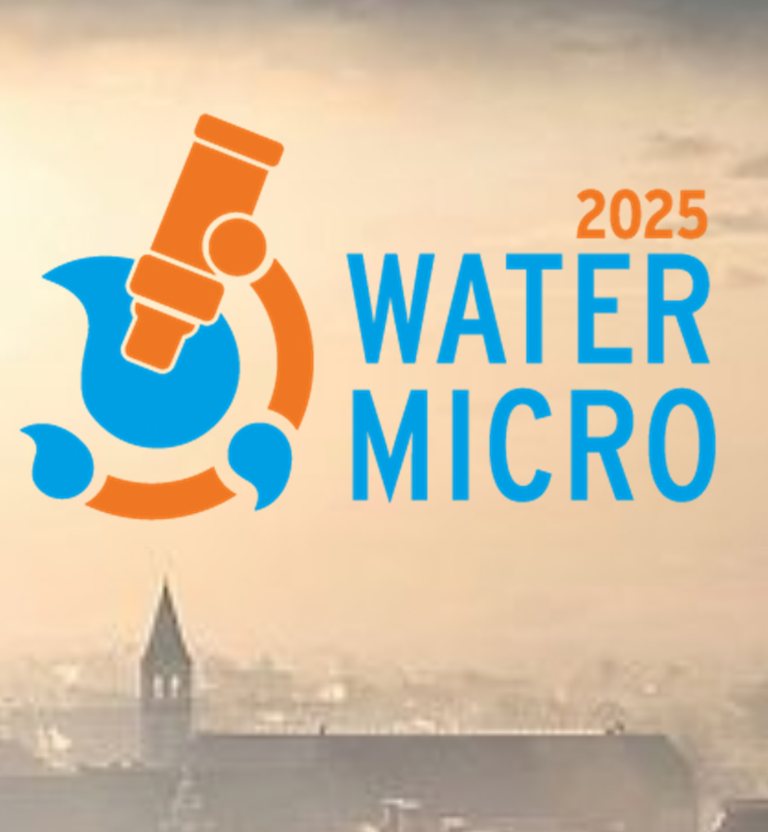
For WaterMicro2025, the TULIP consortium is proud to showcase two complementary resources: our AI-powered conference poster, which condenses five years…
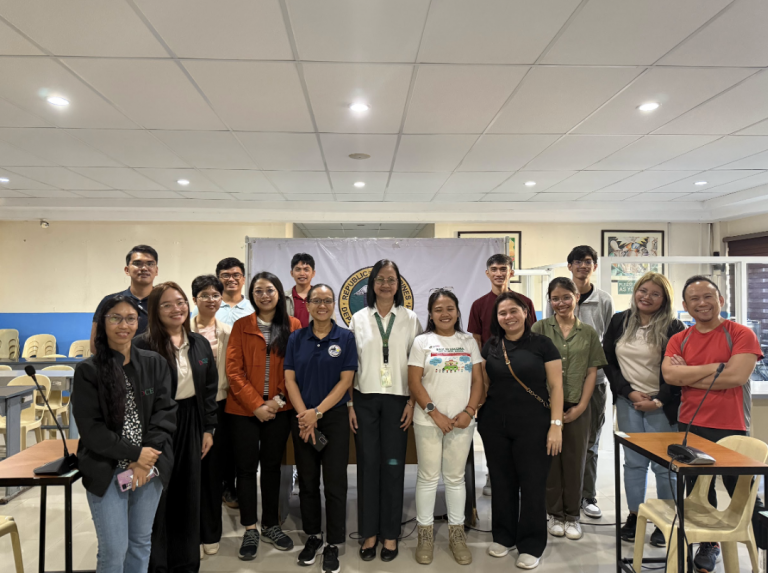
Courtesy visits to DOH-CHD Region 1; Photos by Jhon Matthew Leron The research team from the University of the Philippines…